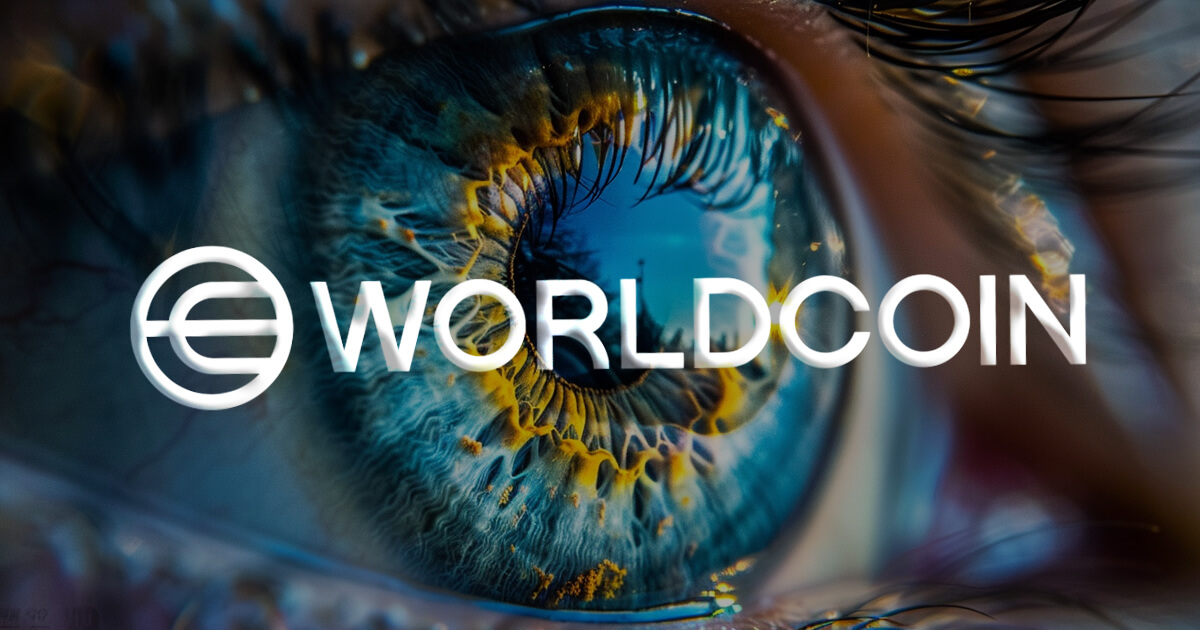Besides crypto regulations, MiCA, the European Union (EU) is gearing up to regulate Artificial Intelligence with the upcoming AI Act. They are already making waves across the crypto industry with Market in Crypto Asset, a comprehensive regulatory framework supposed to be effective from December 30, 2024. The European Union is already working on artificial intelligence regulations.
Upcoming EU’s AI Act and Why it’s Important?
Artificial Intelligence is gaining traction, and many believe the technology needs to be regulated as it has some unwelcoming potential. The AI Act was first proposed in April 2021. The Council of the European Union adopted a “general approach” to the AI Act in December 2022.
#AIAct just voted! ✅👏
The EU Parliament becomes the first House in the world voting on a comprehensive #AI regulation!
Today’s vote shows that we can reconcile trust and innovation 🇪🇺 pic.twitter.com/Gc3DhbIbbo
— Thierry Breton (@ThierryBreton) June 14, 2023
On June 14, 2023, the AI Act was voted in the European Parliament, and they are trying a “trialogue” approach. The three bodies of the EU, the European Commission, the Parliament and the Council, would each work on individual versions of the regulations. These versions would then be studied, and the final draft would be drafted.
The European Union’s AI Act defined AI as software that can “for a given set of human-defined objectives, generate outputs such as content, predictions, recommendations, or decisions influencing the environments they interact with.”
The AI Act suggests that before the public release of software or applications, they must undergo an assessment by the authoritative body. This would ensure the product complies with the regulations and is designed to reduce the risks through “adequate design and development.”
While for products like ChatGPT, which evolve with time after release, a timely “post-market monitoring system” would be required to document and report significant changes. The AI model creators must also disclose the copyrighted information of data sources that feed the application/software.
The makers would also have to limit the excessive use of biometrics data, particularly in facial recognition. Systems that comply with these regulations must display a European Commission badge to the public. This would show the people that they abide by the rules. The proposal also proposes the establishment of a European Artificial Intelligence Board.
How are the AI Companies Reacting to the Regulations?
The proposed date for the EU AI Act is in late 2025, and the companies operating in the arena are already criticizing the European Union. An open letter sent to the European Commission and Parliament and other members was signed by 150 executives from companies like Renault, Heineken, Airbus and Siemens. They all criticized the AI Act, saying it has the potential to “jeopardize Europe’s competitiveness and technological sovereignty.”
The signing members of the letter argue that in the current state, the AI Act could suppress the opportunity the Artificial Intelligence Technology could provide for Europe. Also, they pointed out the approved set of rules needs to be more moderate and offer a favorable environment for the technology to flourish.
They also raised concerns regarding the clause in which the providers of the foundation AI models, irrespective of their intended application, will have to register their product with the regulators. They would then have to undergo risk assessment and meet the transparency requirement.
All these concerns could be valid, and regulators and lawmakers might also be looking for industry insights. However, it’s still a long road ahead for the AI Act to be implemented. The industry is hoping for an industry-friendly set of regulations.
Credit: Source link














































